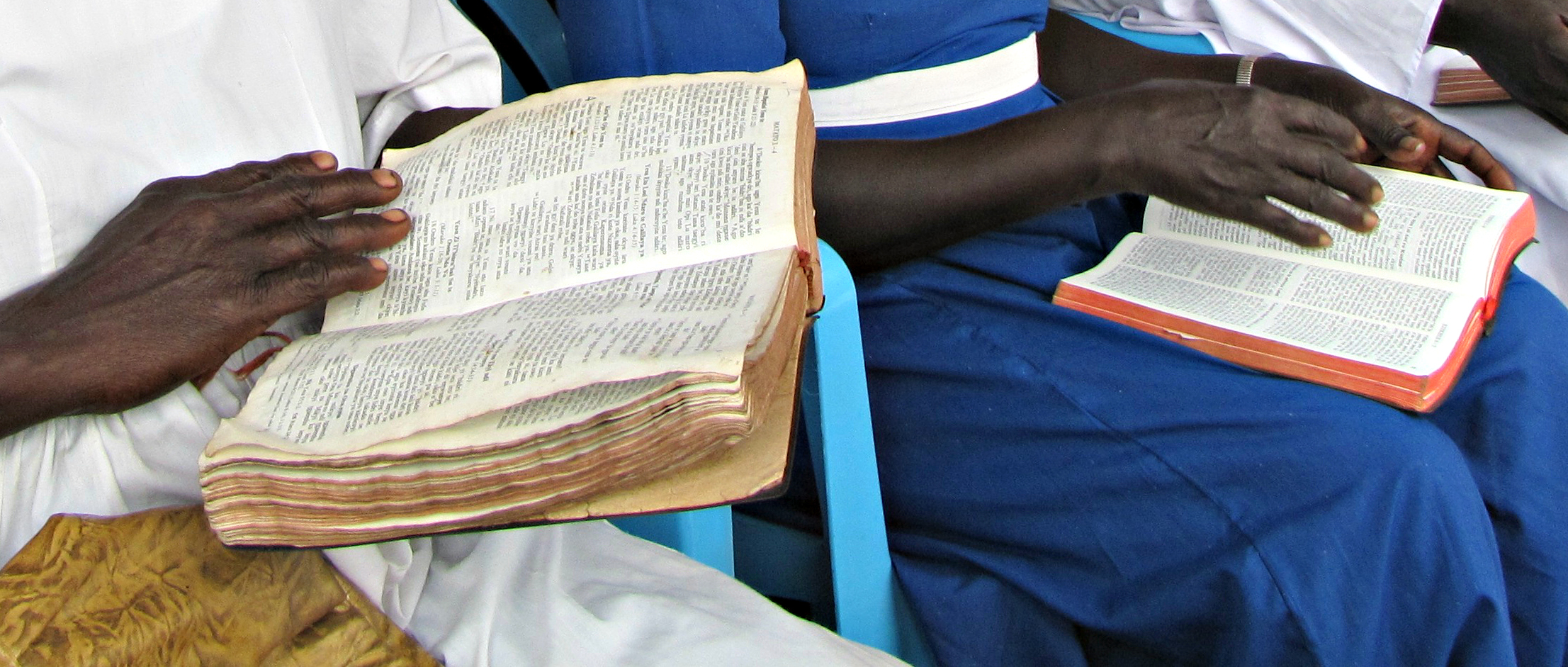Over the last weeks with the news of the deaths of two more black men and five police officers in Dallas, my news feed has been filled with cries to God—cries for justice, cries for reconciliation, cries for peace.
On July 8, just one day shy of South Sudan's fifth Independence Day, I heard the news of sustained shooting in Juba, the capital of the world's newest nation. Hundreds were reported to have been killed over four days. Many of my South Sudanese friends turned to social media with more cries—cries for the safety of loved ones, cries for prayer, cries for lasting peace and reconciliation.
As this unfolded, my first thought was that the church in North America had already reached its limit for crying out to God. I considered that it might not be the right time to share more cries from the oppressed. I would pray, but I would not ask those who are weary in the church to listen to another community in pain.
In that moment, I acted as if the Church were small and weak. I was thinking of my own weariness of praying for peace and reconciliation.
God does not reach a limit when hearing the cries of his people.
The Church does not have a maximum number of injustices she can see and lament.
So now I repent of the moments when I have been weary of hearing the cries of the suffering. I also pray that all who are reading this would not grow weary, but would hear the cries of the church in South Sudan, and join our brothers and sisters in lament and prayer.
The history of this conflict in South Sudan is complex, but below are a few points for lament and prayer.
This is a resurgence of a conflict that started in December 2013 between soldiers loyal to President Salva Kiir who is of the Dinka tribe and those loyal to Vice-President Riek Machar of the Nuer tribe. The peace agreement signed in August 2015 has failed. The renewed violence across the nation has a strong ethnic component, and many individuals from these tribes can be easily identified by distinct traditional scarring. They fear being targeted if they leave the security of UN camps. There are now fears that ethnically segregated camps will be attacked
Pray for lasting peace and reconciliation, particularly between those from the Nuer and Dinka tribes.
Official reports of the renewed violence in South Sudan state that 272 people were killed between July 8 and July 11, including 33 civilians and two UN peacekeepers. Many sources believe the death toll is higher. There is currently a fragile ceasefire in place.

Lament deaths on all sides of this conflict.
Civilians across the country have again fled their homes and gardens in fear, and many are hiding in rural areas without shelter, food, or medicine. The harvest is at risk if people are unable to tend their gardens, and there has been extensive looting of markets. Recent reports indicate twenty-five percent of the population is in urgent need of food assistance with 40,000 at risk of catastrophe. Children and the elderly are especially at risk of starvation and death from treatable diseases.
Pray for the miraculous provision of food, medicine, and shelter and for a bountiful harvest at the end of this growing season.
Church leaders are among those who have called for peace and reported on the situation on the ground at great personal risk. They have asked the powerful to end a conflict that has resulted in the deaths of civilians and destruction of communities and livelihoods across the young nation.
Pray that God would protect those who are working for peace and give them strength to continue to speak truth.
Our South Sudanese brothers and sisters are weary. Weary of death, famine, and war.
Yet in faith the South Sudanese continue to pray for peace as they proclaim that their God is not defeated, not even by death.
As I listen to the cries of my friends, Jesus is showing me what it means to truly lament and pray with hope.
As I was writing this post, news of another attack in France brought me again to a place of prayer and lament. Lord, hear our cries!
[Cover image by Christine Olmeda of Bishop Bismark Avokaya and Rev. Laverick Tindi]






The Reformed family is a diverse family with a diverse range of opinions. Not all perspectives expressed on the blog represent the official positions of the Christian Reformed Church. Learn more about this blog, Reformed doctrines, and our diversity policy on our About page.
In order to steward ministry shares well, commenting isn’t available on Do Justice itself because we engage with comments and dialogue in other spaces. To comment on this post, please visit the Christian Reformed Centre for Public Dialogue’s Facebook page (for Canada-specific articles) or the Office of Social Justice’s Facebook page. Alternatively, please email us. We want to hear from you!
Read more about our comment policy.